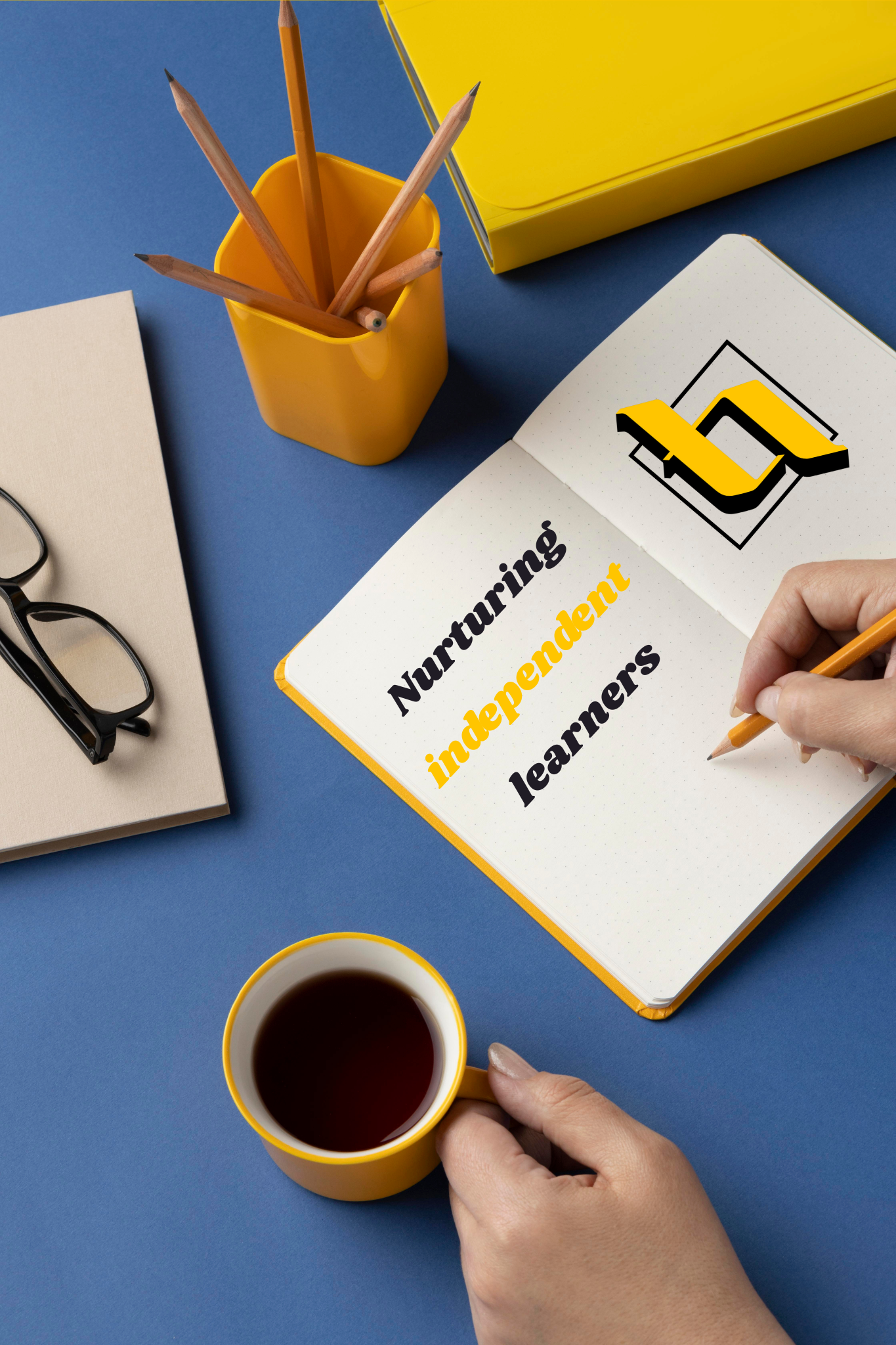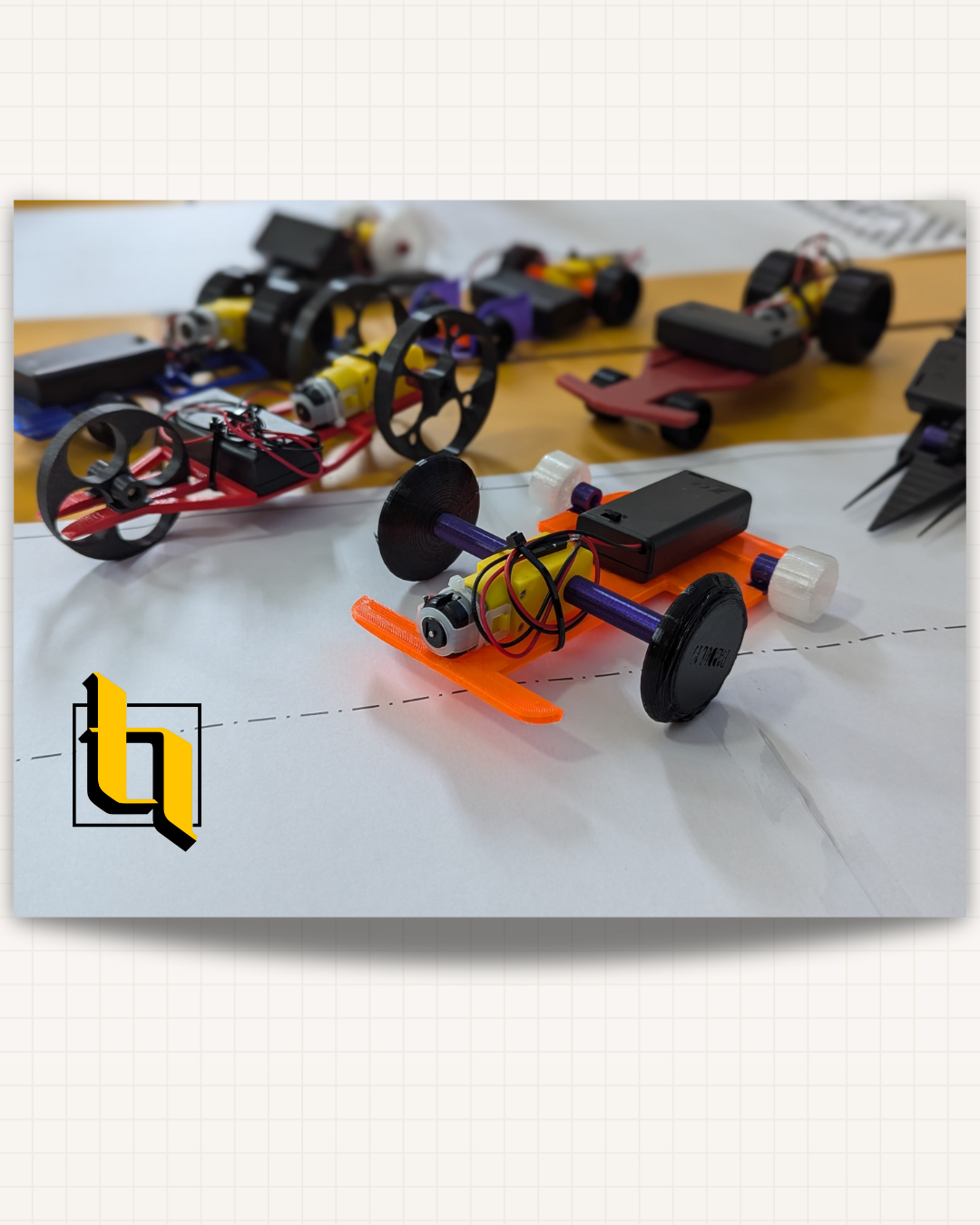NEW KS3 SESSIONS
From September 2025, our KS3 Home Ed support sessions will change from our current 3x sessions per week, which were heavily academically structured, to one with a stronger focus on STEAM (Science, Technology, Engineering, Art, Maths) project-based learning.
Continue reading to find out how our Home-Ed Tuition and STEAM sessions will be structured:
Weekly Home-Ed Tuition

Mondays, 12pm-3pm
Covering: English, Maths, Science
This weekly weekday session will have a tuition-based approach, with added support for home educating parents.
Students will have access to our carefully assembled resources spanning the full Key Stage 3 curriculum (Years 7–9), and will follow a structured sequence of learning. After each stage, they’ll complete a ‘show me what you’ve learnt’ assessment – a chance to apply their knowledge and reflect on their progress before moving forward.
They will also have Topic Trackers so that parents can check on the speed of their learning and on their assessment results for each stage.
Students will have access to their own accounts on IXL Learning which they can use for further independent study and practice at home.
Learning in these sessions will be tailored to each student, moving away from our previous group-based KS3 approach. This personalised model allows learners to work at a pace that suits their needs and confidence. For those who are ready and motivated, our emphasis on independent learning also opens the door to accelerated progress – ideal for families considering early entry to GCSEs.
STEAM Workshops

Wednesdays 8am-11am
Our STEAM workshops give students the opportunity to explore new technologies and academic learning in a creative, hands-on, and engaging way.
Rather than focusing solely on traditional classroom outcomes, our STEAM projects highlight what students can do with their learning. Each project is rooted in real-world problem-solving and designed to reignite curiosity, encourage innovation and give academic subjects new relevance.
Throughout the workshops, students will naturally draw on and develop key subject skills:
-
Science topics such as forces, insulation and materials are explored through experiments and design challenges.
-
Maths is embedded through geometry, measurement and data analysis as part of planning and construction.
-
English skills are developed through persuasive pitches, technical report writing and reflective evaluations.
-
Art plays a central role, especially in the areas of digital design, technical drawing and visual communication. Students practise skills such as isometric and perspective drawing, digital illustration, layout design, and concept sketching to support their ideas and prototypes.
Our projects aim to nurture:
-
Empathy – as each brief incorporates a social or community-based element
-
Resilience – since there’s no single ‘correct’ outcome, students must test, refine, and adapt their ideas
-
Critical thinking and problem-solving – by applying subject knowledge to practical challenges that mirror real-world needs
These sessions are ideal for students who thrive on doing, thinking, and creating – offering a meaningful and enjoyable way to bring academic learning to life.


Connect with Us